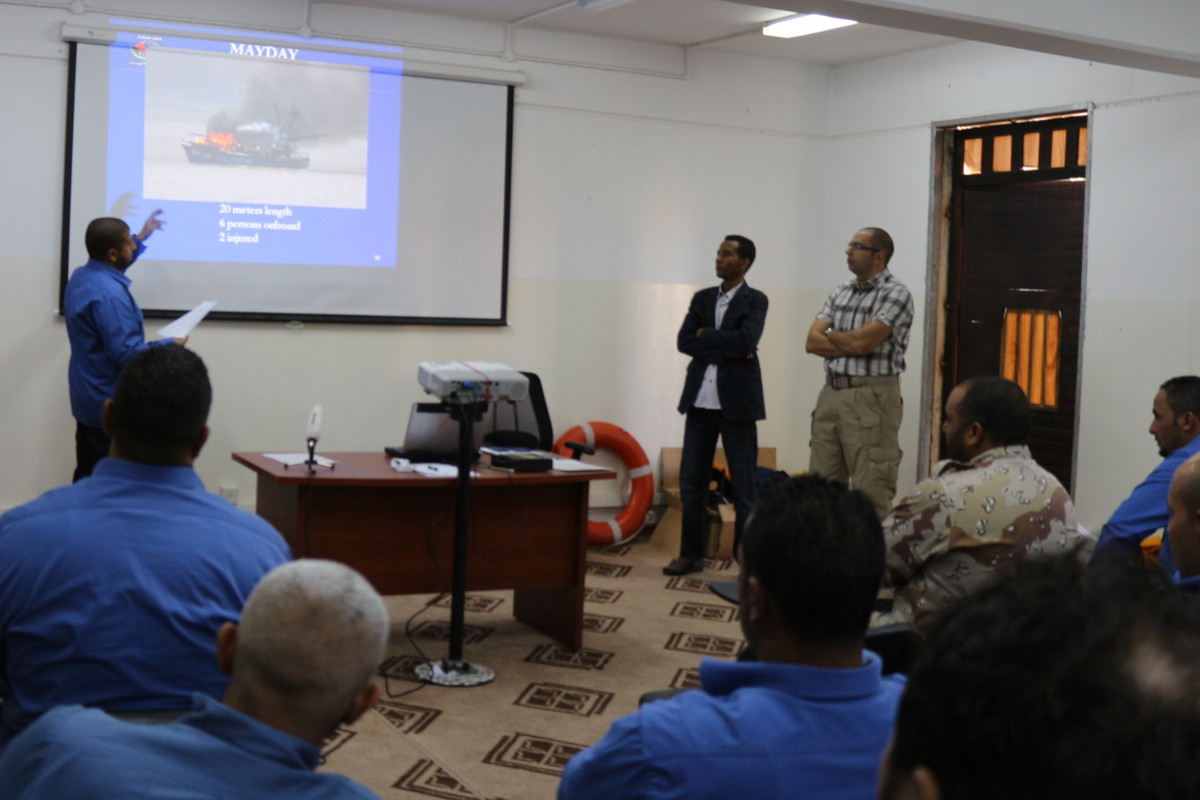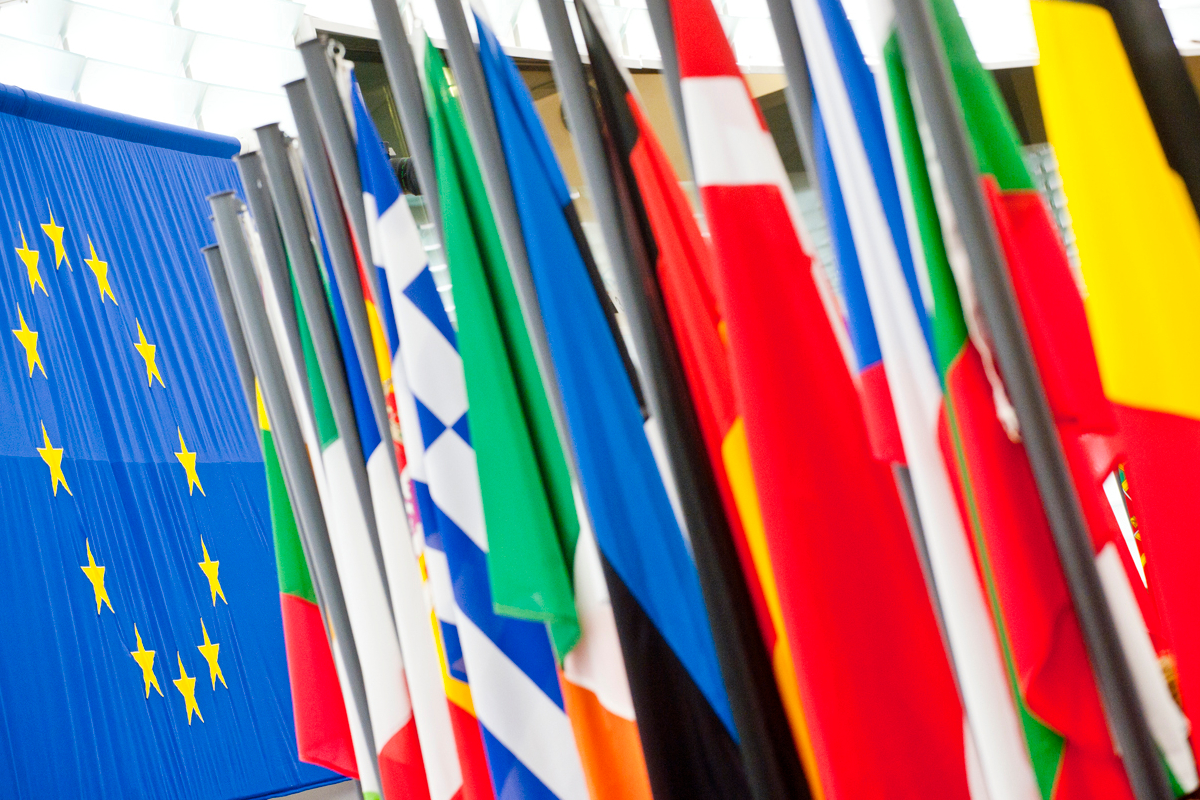Pylos shipwreck: European Council prepares to shed crocodile tears
Topic
Country/Region
27 June 2023
The European Council meeting later this week will express "its profound sorrow for the terrible loss of life as a result of the recent tragedy in the Mediterranean," at the same time as reiterating, for the umpteenth time, its commitment to "breaking the business model of traffickers and smuggling networks and to tackling the root causes of irregular migration." As a recent Europol report highlights, this model is in large part a creation of the EU and its member states. Meanwhile, a letter from Ursula von der Leyen demonstrates how much work is going in to expanding control, and how little to increasing the possibility of legal migration.
Support our work: become a Friend of Statewatch from as little as £1/€1 per month.
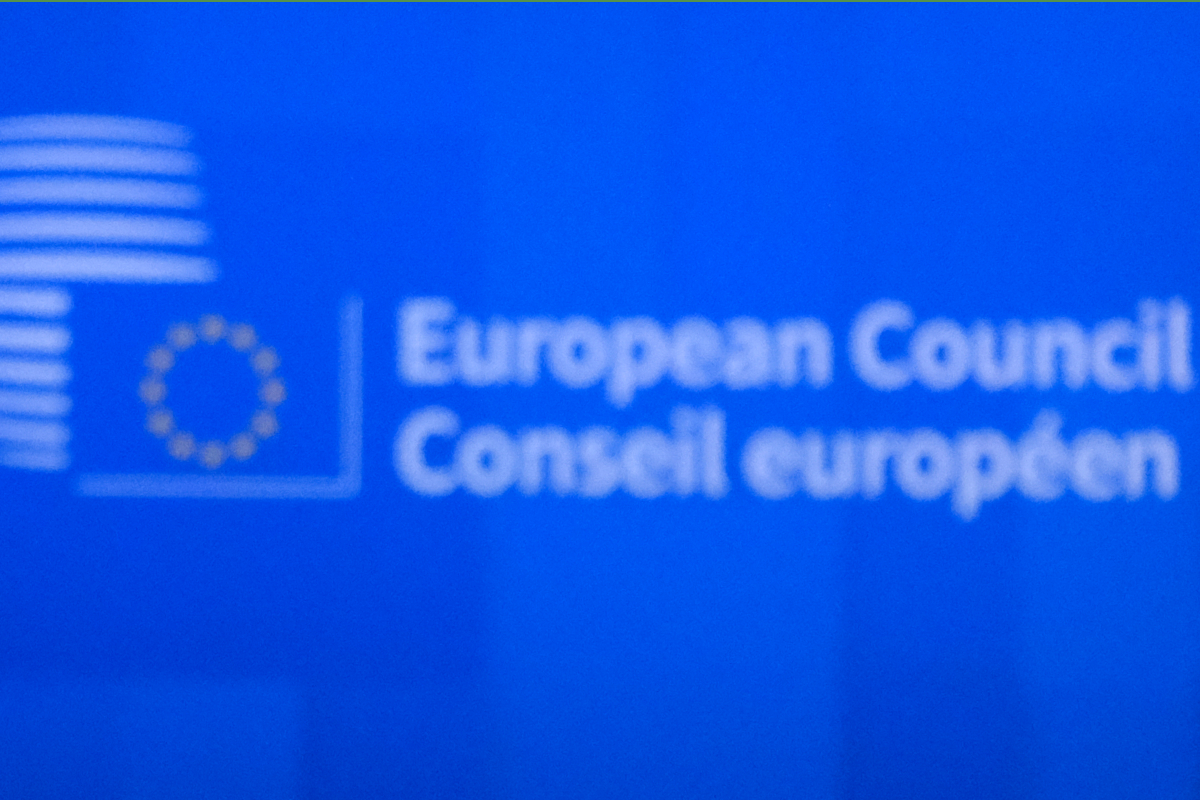
Image: FinnishGovernment, CC BY 2.0
UPDATE, 29 June 2023: An updated version of the draft conclusions (pdf) contains no substantive changes in the section on migration. However, it does now refer directly to the Commission's letter (pdf), and the reference to "a focus on the external aspects of migration" now says "a focus on the external aspects of migration and their financing mechanisms."
The most recent draft version (pdf) of the conclusions of the European Council meeting, taking place on Thursday and Friday this week in Brussels, says:
"The European Council expresses its profound sorrow for the terrible loss of life as a result of the recent tragedy in the Mediterranean. The European Union remains committed to breaking the business model of traffickers and smuggling networks and to tackling the root causes of irregular migration so as to better address the flows of migrants and avoid that people embark on such perilous journeys."
A recent Europol report - the 'European Union Serious and Organised Crime Threat Assessment (EU SOCTA) Interim Report 2023: New, changing and emerging threats', marked RESTRICTED - highlights this lack of logic underlying these statements.
Not for the first time, the EU's police agency points out that the business model of the smugglers is to evade the controls put in place by EU member states - and the tougher those controls get, the more those smugglers are needed.
Under the heading "Future threat: Migrant smuggling set to further increase," it notes:
"Migrant smuggling is expected to remain a key threat to the EU and to further increase even beyond the current high level, in light of the further increasing demand for facilitation services to and within the EU, fuelled by increased push factors in key regions of origin combined with the increase in technical obstacles. Irregular migration worldwide is set to reach new consecutive heights, fuelled by a combination of push factors, notably economic deprivation, environmental crises, conflicts and demographic pressure in origin countries, and pull factors, including the sustained perception of the EU as a comparatively more economically, politically and environmentally stable region as well as steady labour demands in EU destination countries." [emphasis added]
The "increase in technical obstacles" - that is, the increase in border walls, deployments of surveillance technology, and externalisation of border control to third states that are intended to deny people access to EU territory - is something squarely within the control of the EU and its member states. Their lack of interest in reducing them fuels the smuggling business.
Stepping up action
The Council Presidency and Commission are also due to inform the European Council "about the steady progress in implementing its conclusions of 9 February 2023, with a focus on the external aspects of migration," and the draft "calls for work to be stepped up on all strands of action."
Unlike the draft conclusions, a detailed letter from Ursula von der Leyen (pdf) mentions the need for "work on alternative legal pathways".
However, the content of the letter, which provides an overview of actions taken to implement the February conclusions of the European Council, demonstrates that the political impetus remains squarely on control measures - hundreds of millions of euros is being committed to new equipment for Frontex, surveillance systems, and migration and border control cooperation with non-EU states.
Meanwhile, the proposed "talent partnerships", intended to enable labour migration to the EU, appear to be moving somewhat more slowly. The funding made available is paltry in comparison to that for control and surveillance, and the letter also notes that: "Participation of additional Member States is sought, notably for Pakistan and Egypt."
The draft conclusions also include sections on Ukraine, the economy, security and defence, China and external relations
Documentation
- European Council meeting (29 and 30 June 2023) – Draft conclusions (pdfs)
- Letter from Ursula von der Leyen to the European Council (25 June 2023, pdf)
Our work is only possible with your support.
Become a Friend of Statewatch from as little as £1/€1 per month.
Further reading

Schengen states make new call for border wall funds
A group of eight Schengen states has reiterated the now-longstanding call for the European Commission to fund the construction of border walls.
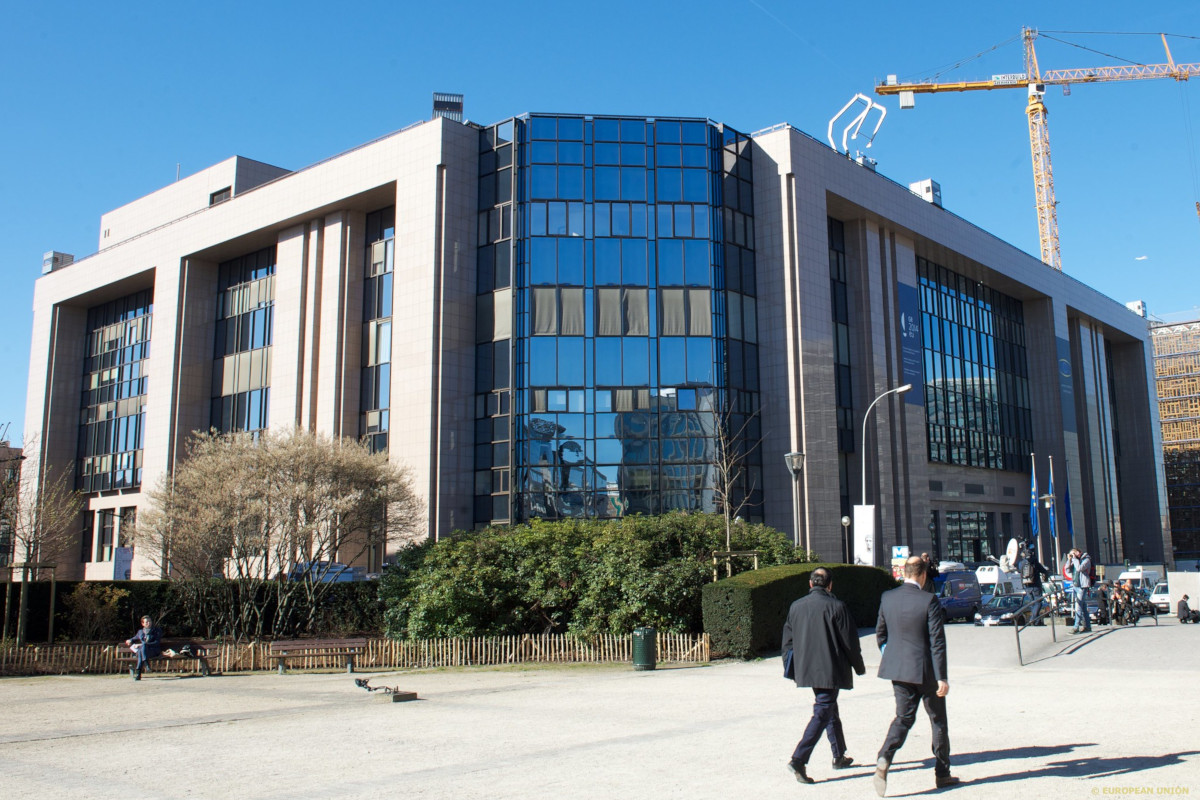
Tracking the Pact: Presidency compromise text of the crisis and force majeure Regulation
The Council recently approved its negotiating position on two of the key measures that are part of the Pact on Migration and Asylum, but it's not over yet.
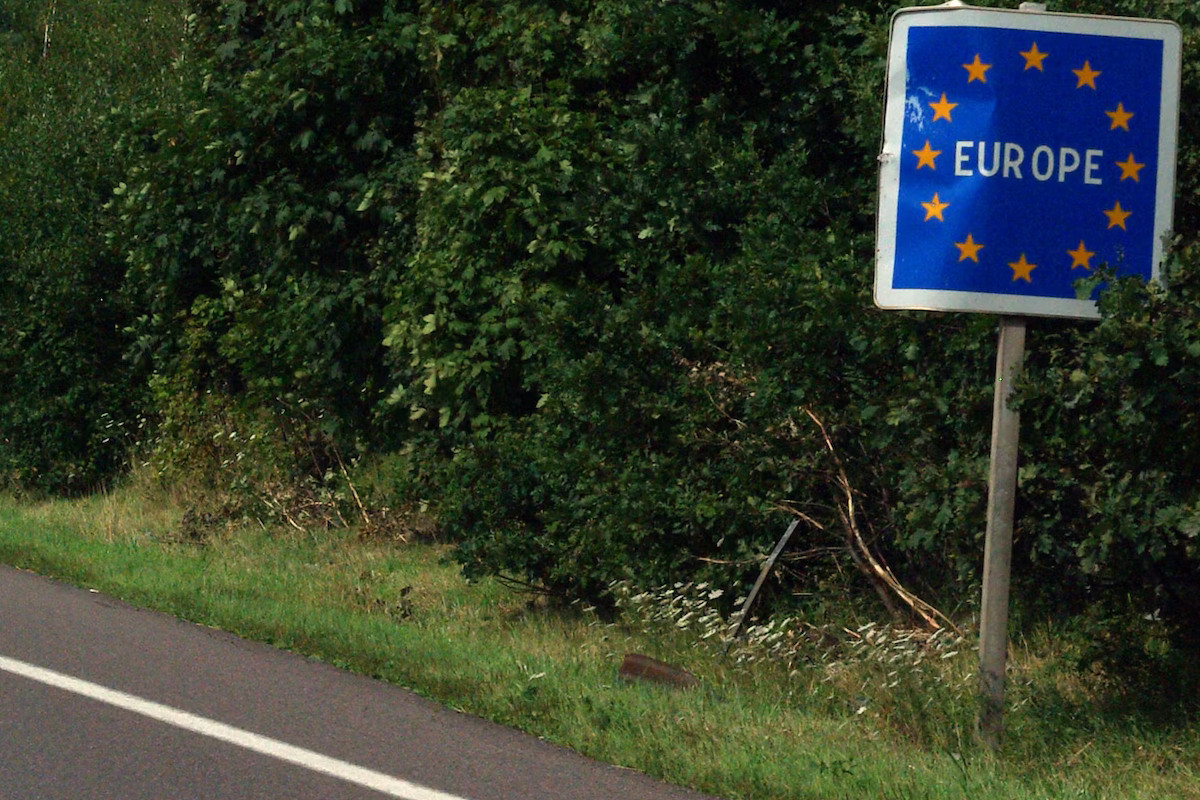
Viewpoint: How to make fences and influence people: a simple guide
Are you an EU member state looking to divert attention from the human rights abuses you are committing at your border? By following this simple guide, you can ensure that not only will the European Commission, the “Guardian of the Treaties”, turn a blind eye to those abuses, but that you will receive a healthy cash injection at the same time!
Spotted an error? If you've spotted a problem with this page, just click once to let us know.
